Prevent pandemics and engineered pathogens, ensure universal healthcare, promote global well-being.
“The greatest danger in times of turbulence is not the turbulence itself, but to act with yesterday’s logic.”

As we move towards a world of 10 billion people, preventing and preparing for pandemics is crucial for our collective health, security, and prosperity. The COVID-19 pandemic has starkly demonstrated the global impact of infectious diseases and the urgent need for better preparedness.
The Threat of Pandemics
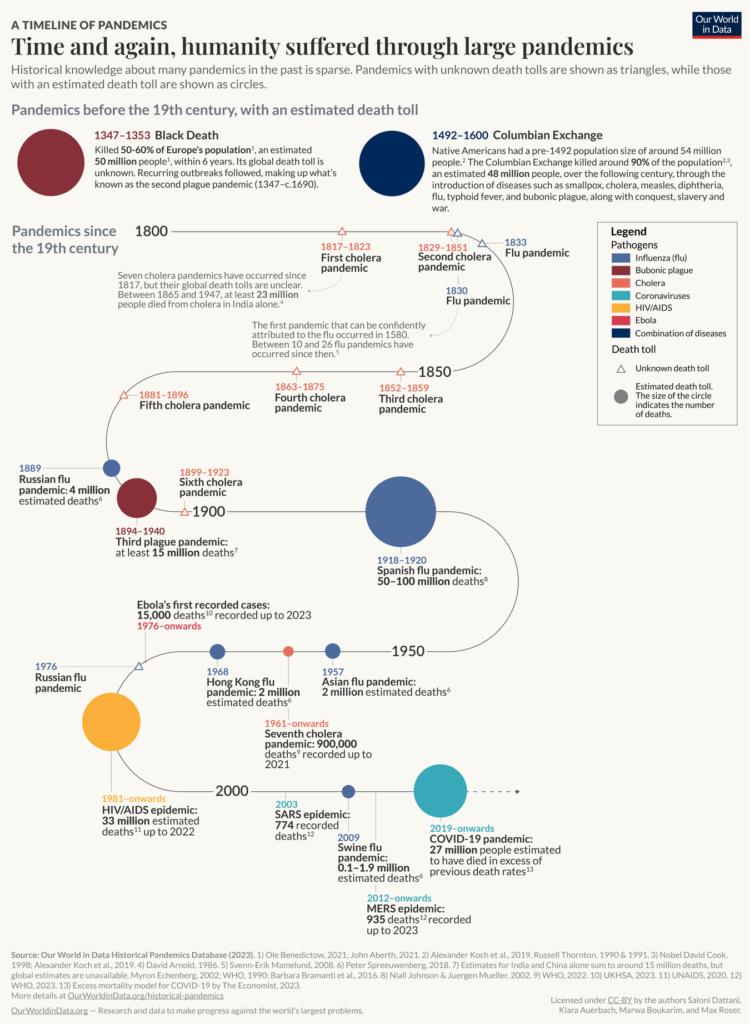
Pandemics have shaped human history, from the Black Death to the 1918 Influenza and HIV/AIDS. In our interconnected world, the threat of rapidly spreading infectious diseases, including engineered pathogens and other biological risks, is greater than ever:
- Emerging zoonotic diseases (jumping from animals to humans)
- Antibiotic-resistant superbugs
- Potential bioterrorism
- Climate change expanding the range of disease vectors
The Impact of Pandemics
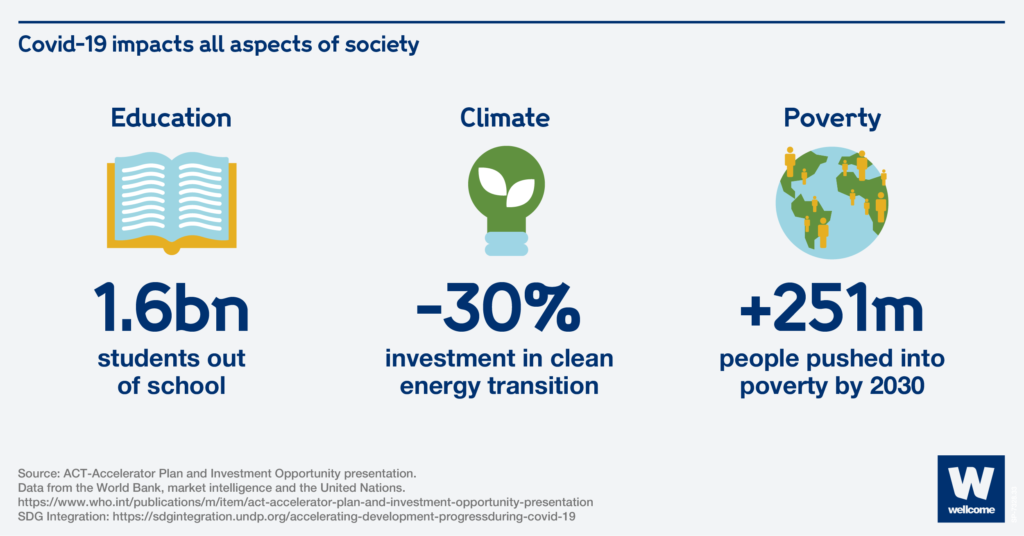
Pandemics and other biological threats affect every aspect of society:
- Health: Millions of lives lost or impaired
- Economy: Trillions in economic damage
- Education: Disrupted learning for billions
- Mental Health: Increased anxiety, depression, and social isolation
- Inequality: Disproportionate impact on vulnerable populations
Preventing Pandemics
Prevention, including the mitigation of engineered biological risks, is our first line of defense:
- One Health Approach
• Recognize the interconnection of human, animal, and environmental health, and the need for biosecurity measures to prevent the misuse of biotechnology
• Improve surveillance of zoonotic diseases and potential engineered pathogens
• Regulate wildlife trade, habitat destruction, and the dual-use research of concern (DURC) that could lead to engineered biological threats - Strengthen Global Health Systems
• Invest in public health infrastructure worldwide
• Ensure universal access to primary healthcare
• Improve vaccination rates for existing diseases - Combat Antimicrobial Resistance and Biological Risks
• Promote responsible use of antibiotics and prevent the creation of resistant pathogens through misuse of biotechnology
• Invest in new antibiotic and antiviral development to combat both natural and engineered pathogens
• Improve hygiene, sanitation, and biosecurity measures globally - Advance Research and Innovation
• Develop platform technologies for rapid vaccine development
• Enhance viral genomic sequencing capabilities
• Explore innovative disease detection methods
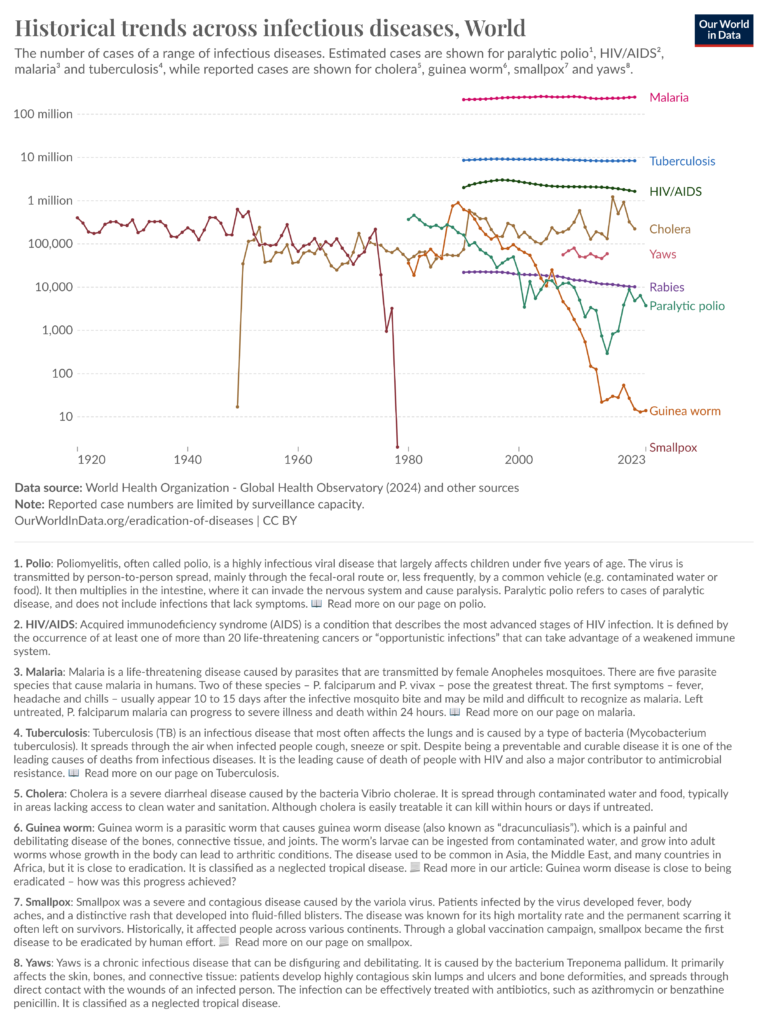
Preparing for Pandemics
While prevention is ideal, we must also be prepared for outbreaks, including those involving engineered pathogens or other biological threats:
- Early Warning Systems and Biosecurity Monitoring
• Implement global real-time disease surveillance and biosecurity monitoring systems
• Utilize AI and big data for outbreak prediction and the detection of engineered pathogens
• Enhance transparency, data sharing, and international cooperation in biosecurity and disease monitoring - Rapid Response Mechanisms
• Establish emergency response protocols at all levels
• Create and maintain strategic stockpiles of medical supplies
• Develop surge capacity in healthcare systems - Resilient Healthcare Infrastructure
• Design flexible hospital systems that can quickly adapt to crises
• Train healthcare workers in epidemic management
• Ensure equitable access to healthcare resources - Effective Communication Strategies
• Develop trusted sources of public health information
• Combat misinformation and promote health literacy
• Ensure clear, consistent messaging during outbreaks - Global Cooperation
• Strengthen international health and biosecurity organizations to prevent and respond to pandemics and biological threats
• Improve coordination between countries, sectors, and biosecurity agencies to mitigate global risks
• Ensure equitable access to vaccines, treatments, and biosecurity measures globally
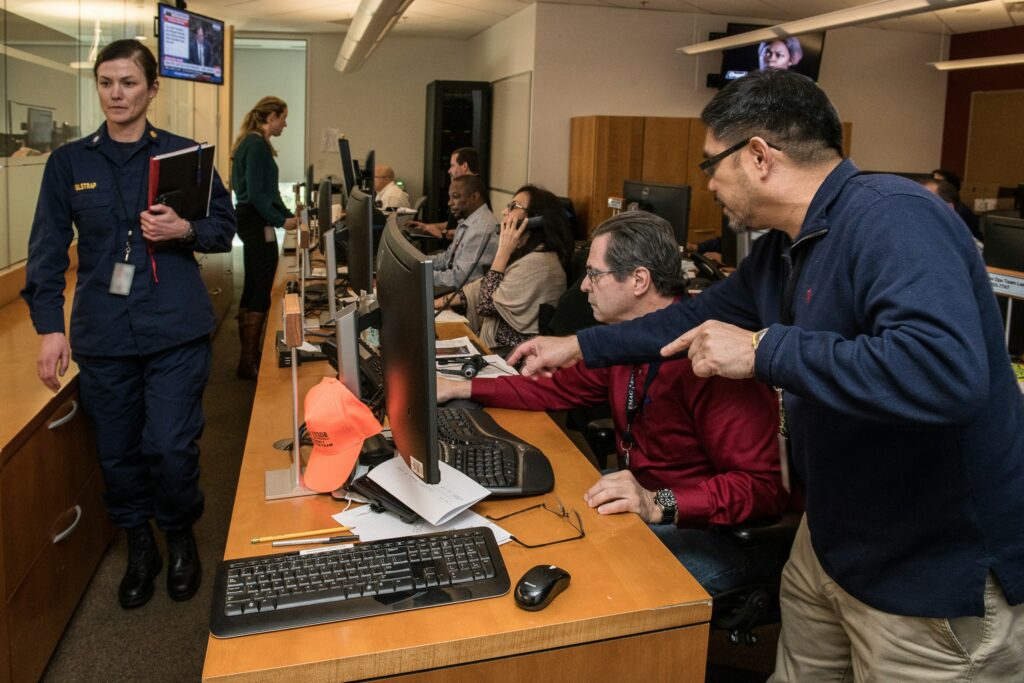
Innovation in Pandemic Preparedness
Technology is revolutionizing our ability to prevent and respond to pandemics:
- mRNA Vaccines: Rapidly adaptable vaccine technology
- AI-Powered Diagnostics: Quick, accurate disease detection
- Digital Contact Tracing: Efficient tracking of disease spread
- Telemedicine: Remote healthcare delivery during outbreaks
- 3D Printing: On-demand production of medical supplies
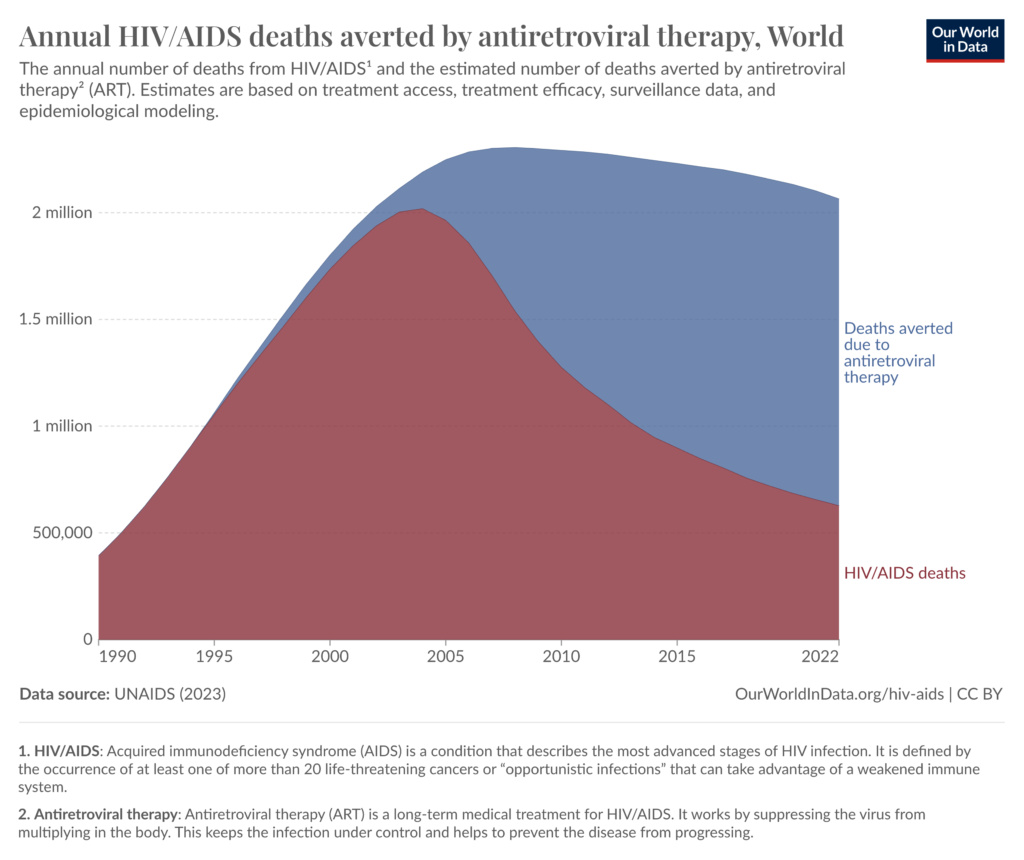
The Role of Individuals
Everyone has a part to play in pandemic preparedness:
- Practice and teach good hygiene
- Stay informed about public health guidelines
- Get vaccinated and support vaccination efforts
- Support global health initiatives
- Advocate for strong healthcare systems
- Prepare your community’s emergency plans
Building a Pandemic-Resistant World for 10 Billion
As we approach a population of 10 billion, creating a world resistant to pandemics and other biological risks, including engineered pathogens, is not just possible—it’s essential. It requires global cooperation, sustained investment, and a commitment to equity. By strengthening our health systems, advancing scientific research, and fostering a culture of preparedness, we can build a safer, healthier future for all.
The challenges are significant, but so are the opportunities. With each advance in technology, each lesson learned from past outbreaks, and each step towards global cooperation and biosecurity, we move closer to a world where pandemics and biological threats no longer endanger our collective well-being.
Join us in this crucial mission. Together, we can create a future where infectious diseases are swiftly contained, where global health systems are robust and equitable, and where all 10 billion of us can live without the fear of devastating pandemics.